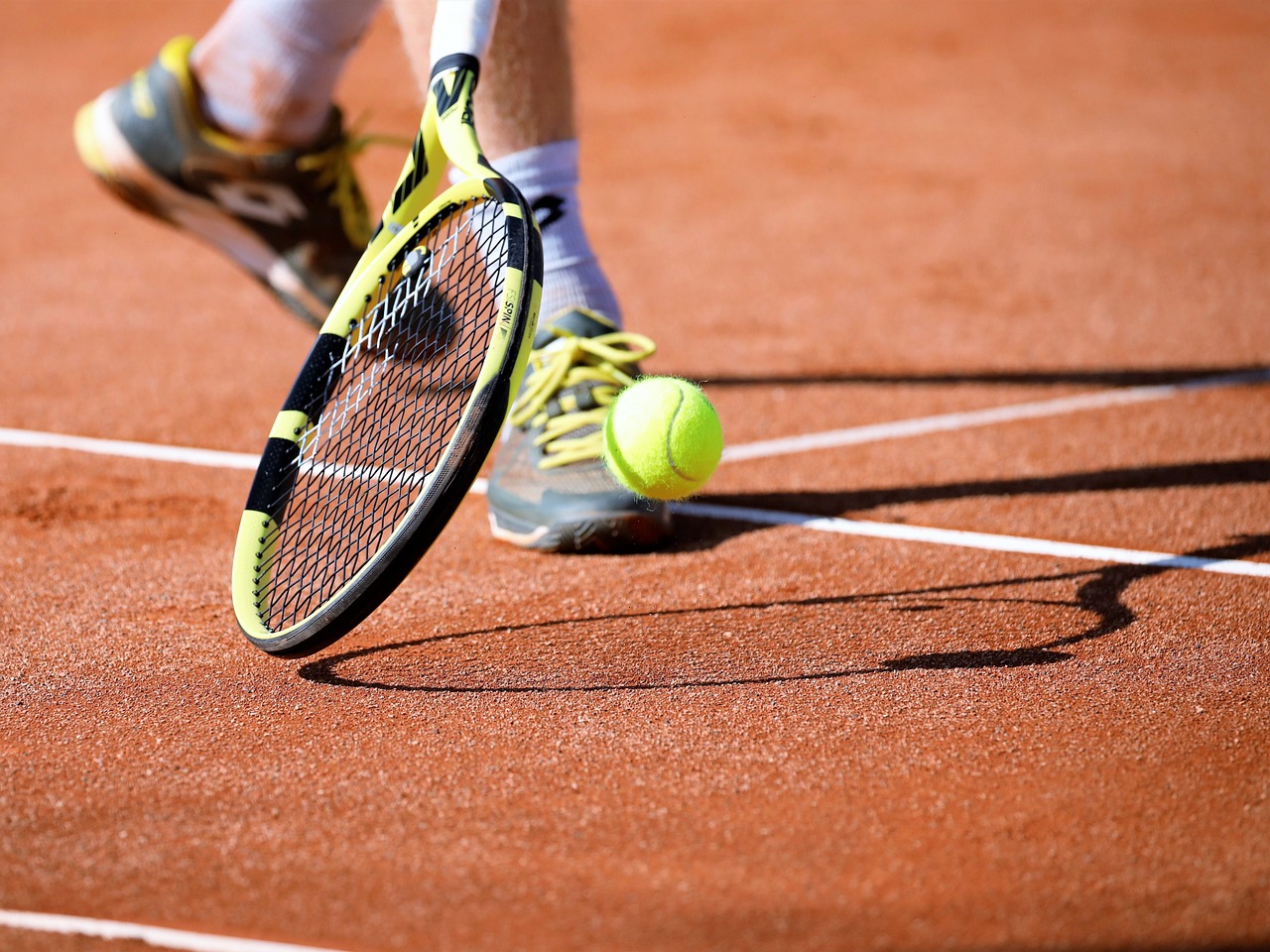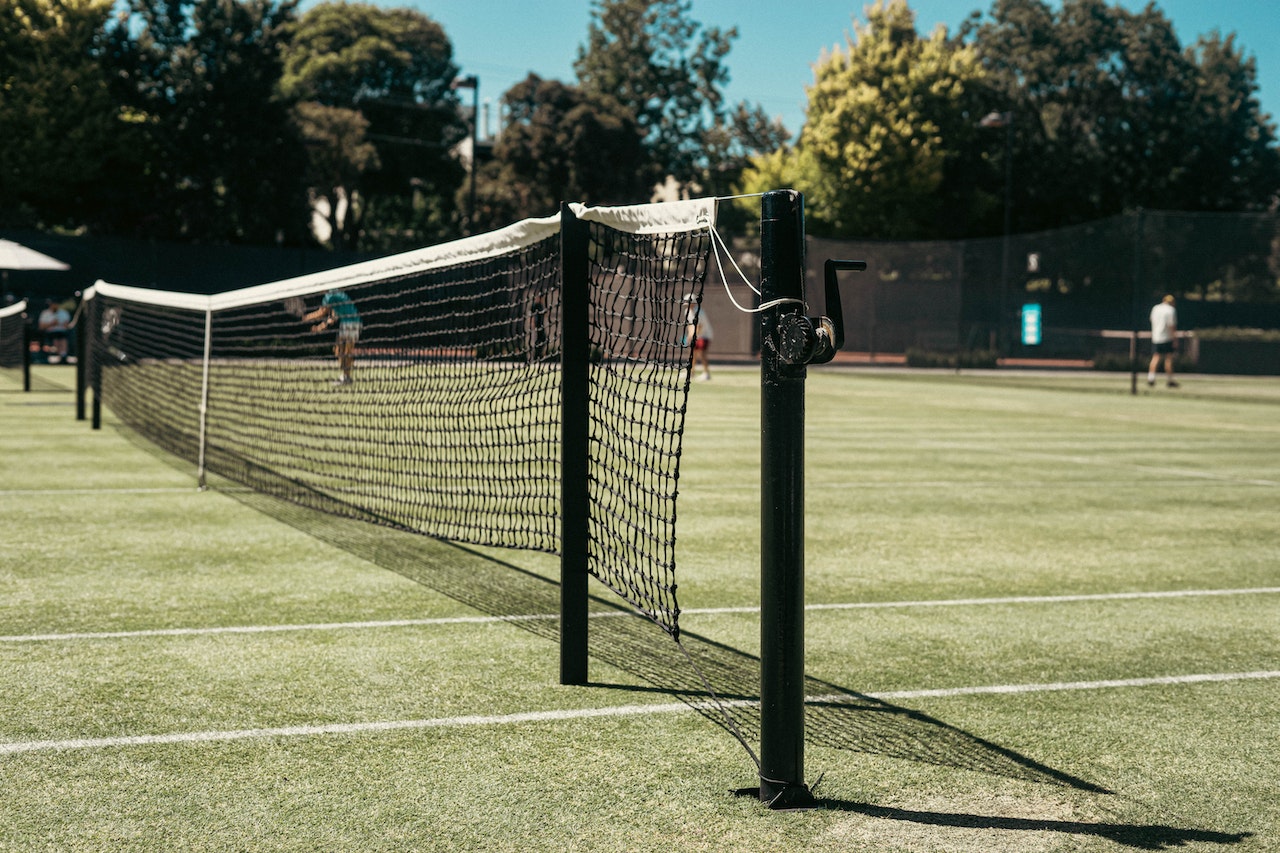Almost every significant part of the sport nowadays has some connection to wagering. Each participant needs to have a place at the table.
Online wagering has been in the news for some time now. The NJ Governor wants to prolong online wagering for five years. Just last week, there was a heated discussion about tennis and its connection to sports wagering on Twitter. This was brought on by hearing that Mark Philippoussis had received a fine for breaking wagering laws. Philippoussis should be aware that his reputation is still untarnished despite the terrible headline. The tennis optics here are pretty bad.
Tennis and Sports Wagering
Sports wagering follows a well-known path. A product or behavior is rejected outright by society, which then makes the argument for why it should be outlawed. The actions continue, whether they take place in bookies, dorm rooms with towels stuffed between the jambs, or subterranean speakeasies. The general public concludes that maybe this behavior isn’t so horrible after all when they see the lost income. Hey, at least if it’s legalized we can control it, tax it, professionalize it, and of course make money off of it. When this happens, we migrate from the periphery. (I doubt there are many staunch Prohibition enthusiasts remaining.) The move may sometimes be less justified.
A mere ten years ago, representatives of the country’s top sports leagues testified before Congress that repealing the 1992 Professional and Amateur Sports Protection Act (PASPA), which effectively outlawed sports wagering everywhere but Nevada, would compromise the integrity of their sport, attract shady characters, encourage tanking and fixing, and encourage point-shaving. After realizing the enormous sums of money were being wagered illegally, these executives said that if you can’t beat them, join them.
Like other sports, tennis had a decision to make. Did it want to feed off of sports wagering? Of course. A “data rights deal,” as it is euphemistically referred to, was inked by the ITF. And the tours as well. The sponsors of a tournament’s wagering are independent. For gaming companies, former gamers became marketing ambassadors (another euphemism). Additionally, the sports media, including Tennis Channel, Sports Illustrated, and ESPN, gleefully accepted sponsorship money.
Tennis Players and Sportsbooks
What about players? They had no actual place at the table, as is often the case in tennis. They are penalized for any association on the basis of integrity and are not only forbidden from this source of income; they are also unable to even strike a contract with a betting company.
So, a tennis star can play in the Miami Open (Betway) on an ATP Tour (Sportradar), they can then be met by James Blake (RSI), and their match might stream on Tennis Channel or ESPN (DraftKings). … the ITF (Sportradar) would punish the athlete if they utilized the items that everyone is marketing. Got it.
Let’s play the devil’s advocate. There should be no players betting. Simply said, there is an excessive amount of room for corruption, fraud, and manipulation. In response, we would say that tournaments that set match timings and schedules, tours that use trainers who are privy to ailments, and statisticians who make subjective judgments are all just as liable. Either all parties involved profit or none do.






















